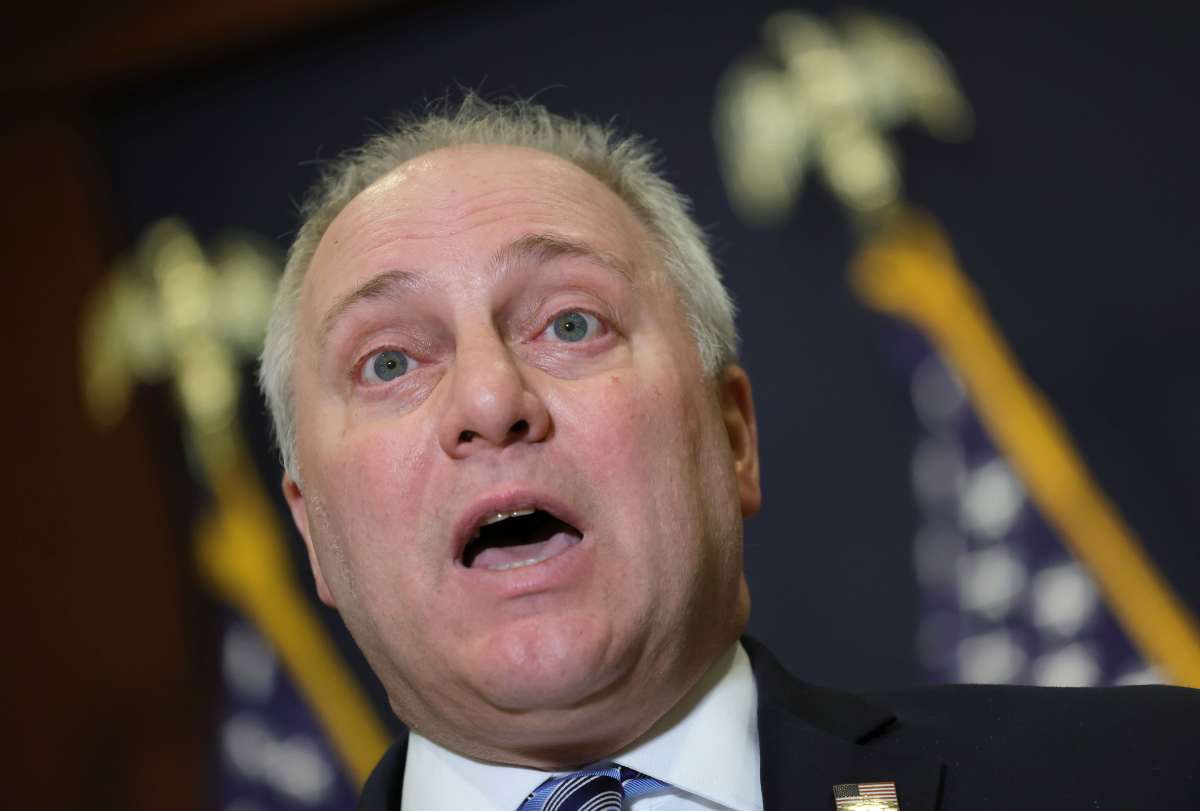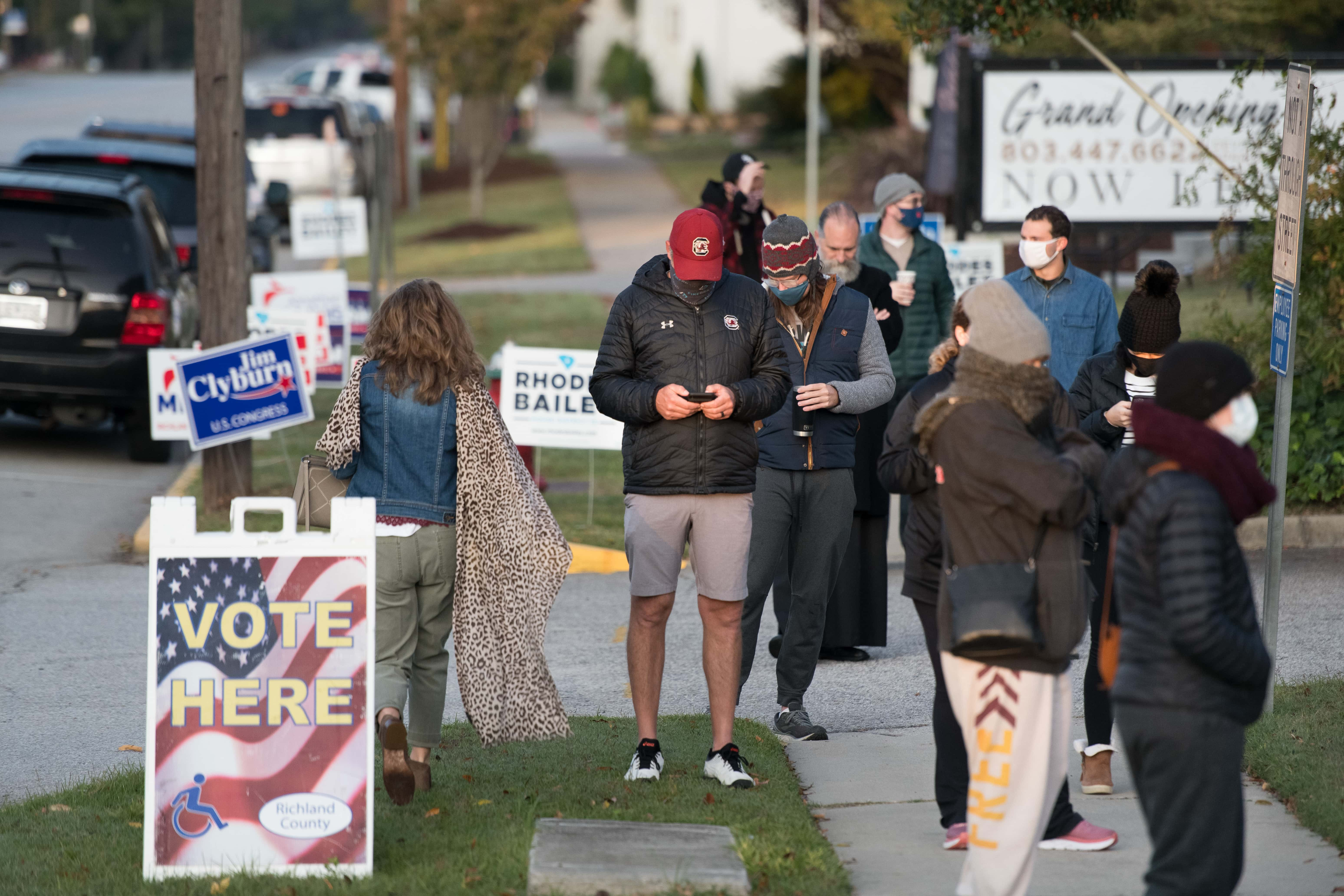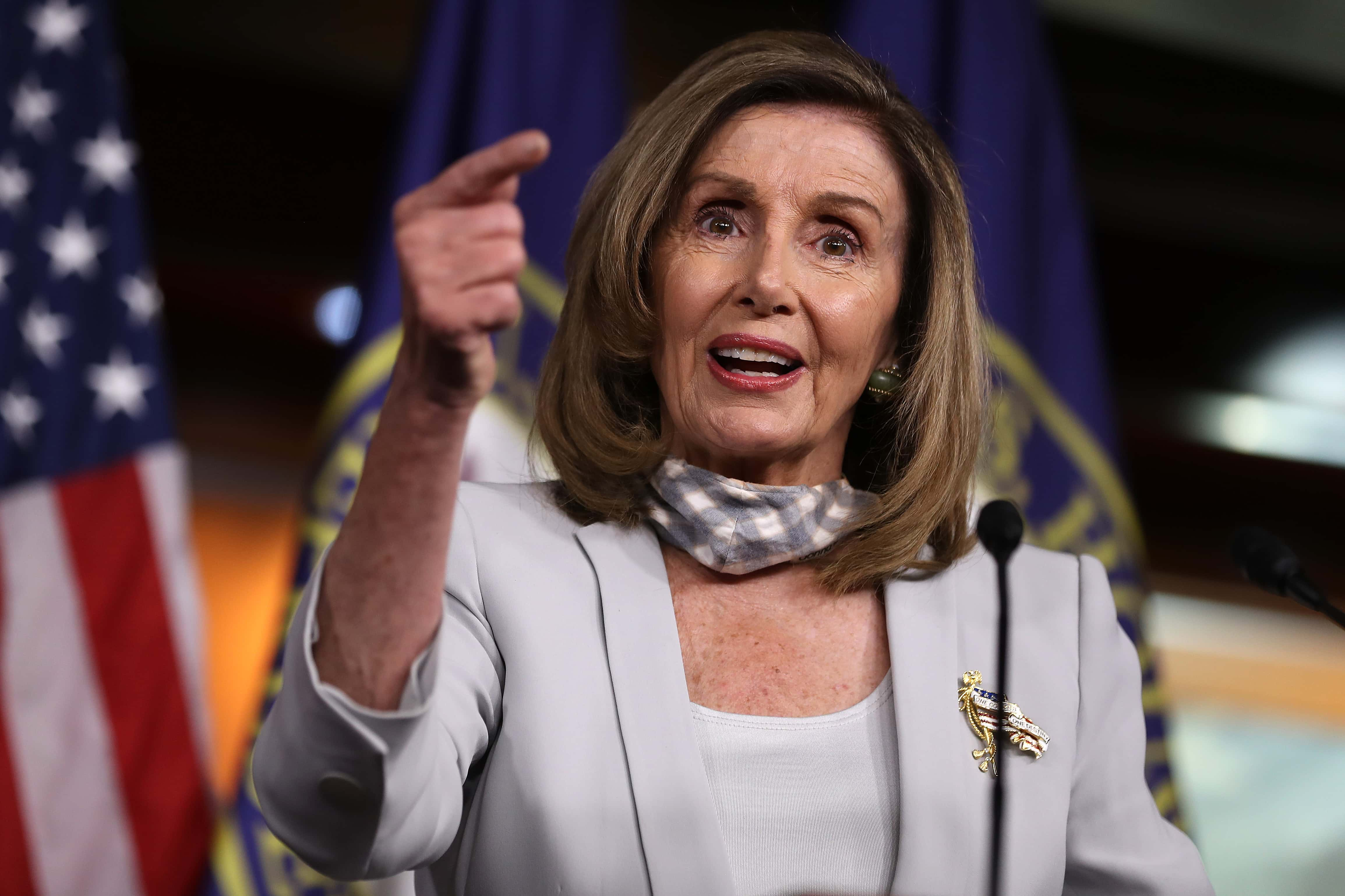Are the Democrats really in favor of banning voter ID laws?

On March 3, the Democrat-controlled House of Representatives passed the H.R.1 or For the People Act by 220-210. The bill, which is a top priority for the Democratic Party and the Joe Biden administration, would bring significant changes to campaign finance and electoral laws. The bill also showed the deep polarization that persists in the US over voting procedure as the two major parties lack any agreement on this issue. The bill passed the House with no Republican support and only one Democrat voting against.
The right sees the bill as an assault on election security and betrayal of the Constitution while the Dems feel it is the savior of the American democracy. The conservatives oppose the bill alleging complaints of ballot hosting to use of taxpayers’ money for federal companies. The Republicans’ opposition will make the scenario in the Senate where Vice President Kamala Harris is likely to cast the tie-breaking vote since the chamber is split 50-50.
RELATED ARTICLES
2020 presidential election: 92K ballots mailed to registered voters in Nevada returned undeliverable, says report
American Spirit: The Native American vote is being suppressed but here's what officials can do to change this
One particular aspect of the H.R.1’s features that have annoyed the Republicans is the alleged ban on voter identification laws. Under the voter ID laws, voters are required to produce some kind of identification to vote at the polls. House Minority Whip Steve Scalise vented his frustration on Twitter over the Democrats’ alleged plan to ban voter ID in the country and compel every state to permanently expand the mail-in voting, something former president Donald Trump and his close allies blasted during last year’s presidential election saying it gave Joe Biden an unfair victory. “Every single American should be OUTRAGED by this: Democrats just voted to ban voter ID nationwide and force every state to permanently expand mail-in voting,” the Louisiana GOP lawmaker wrote.
Every single American should be OUTRAGED by this:
— Steve Scalise (@SteveScalise) March 4, 2021
Democrats just voted to ban voter ID nationwide and force every state to permanently expand mail-in voting.

Other Republican lawmakers seconded Scalise’s viewpoint and even former vice president Mike Pence said in an op-ed in The Daily Signal that “voter ID would be banned from coast to coast.”
California GOP House member Michelle Steele also slammed the H.R.1 bill ahead of its passing in the House, tweeting: “Tonight I am voting no on H.R. 1, which would: ❌ Limit political free speech ❌ Send your taxpayer $ to politicians ❌ Eliminate commonsense voter ID laws.”
Tonight I am voting no on H.R. 1, which would:
— Rep. Michelle Steel (@RepSteel) March 4, 2021
❌ Limit political free speech
❌ Send your taxpayer $ to politicians
❌ Eliminate commonsense voter ID laws
House Speaker Nancy Pelosi, on the other hand, said the bill would "restore the people's faith that government works for the public interest, the people's interests, not the special interests".
75% American voters back voter ID: Poll
Conservative website Hot Air said in a piece published on Thursday, March 18: “The Democrats in Congress are still trying to find a way to shoehorn HR1 through to Joe Biden’s desk without needing to eliminate the filibuster. The so-called “For the People Act” is full of badness, including the quashing of states’ rights in determining how to run elections and the elimination of privacy for donors to some non-profit groups. But one of the worst measures in the bill would virtually overrule the rights of states to implement voter ID laws. That may turn out to be a poison pill for the Democrats, judging by a recent poll released by Rasmussen Reports.” A new national survey (telephone and online) by Rasmussen Reports said 75 percent of American voters back the idea of showing a photo ID for getting allowed to vote. Only 21 percent feel against it.
What the bill aims at over voting participation?
The Economist explained that the most discussed provisions of the H.R.1 bill want to maximize turnout and minimize barriers to voting. “People would be automatically registered to vote when they apply for state services, such as drivers’ licences or enrolment at public universities. States would have to enable voters to register online. HR 1 would restrict efforts to purge voter rolls of those who are inactive or suspected of being illegitimate. Voting by mail would become universal, as would at least 15 days of early voting—in polling places, wherever possible, accessible by public transport. States with voter-ID laws would have to let people without identification cast ballots provided they sign a sworn affidavit,” it said.

H.R.1 takes up the impact that voter ID requirements have on marginalized voters. It says "recent elections and studies have shown that minority communities wait longer in lines to vote, are more likely to have their mail ballots rejected, continue to face intimidation at the polls, are more likely to be disenfranchised by voter purges, and are disproportionately burdened by voter identification and other voter restrictions. Research shows that communities of color are more likely to face nearly every barrier to voting than their white counterparts.”
It also says: “Congress also finds that States and localities have eroded access to the right to vote through restrictions on the right to vote including excessively onerous voter identification requirements, burdensome voter registration procedures, voter purges, limited and unequal access to voting by mail, polling place closures, unequal distribution of election resources, and other impediments.” It also adds that factors like voter ID put a burden on certain voters owing to costs associated with getting photo IDs or other forms of government-issued ID. This affects the voting turnout among homeless people, Native Americans, those in low-income groups and people of color by as much as three percent, as per a 2014 study by the Office of Government Accountability.
Is there a call for banning voter ID laws?
Newsweek ran a fact check earlier this month over the claim that the House Democrats voted to ban voter ID nationally. However, it found that H.R.1 doesn’t talk about banning the laws but “offers a workaround to state voter IDs for individuals who do not have the means to obtain identification. Voters may alternatively present a sworn, written statement to an election official under penalty of perjury that states the voter is eligible to vote”.

In 2019, an article on The Heritage Foundation, a conservative think tank, titled ‘New Study Confirms Voter ID Laws Don’t Hurt Election Turnout’ penned by Von Spakovsky and Caleb Morrison said: "Less than one week after Georgia Democrat Stacey Abrams made inflammatory claims in her State of the Union response about an epidemic of “voter suppression” jeopardizing the character of our nation, the National Bureau of Economic Research released a study that demonstrates once again that voter ID laws have no measurable impact on voting behavior.”
In 2007, too, the foundation published a report that said voter ID laws do not hurt voter turnout, including among African-Americans and Hispanics. These voters were likely to cast votes in states requiring photo identifications as in those that do not. Researchers for the National Bureau of Economic Research also found that between 2008 and 2016 that voter ID laws had “no negative effect on registration or turnout, overall or for any specific group defined by race, gender, age or party affiliation.”
But did the Republicans push voter ID laws targeting Democratic voters?
In 2013, a column in Daily Beast titled ‘Republicans Admit Voter ID Laws Are Aimed at Democratic Voters’ and penned by journalist Jamelle Bouie read: “When liberals decry voter-identification laws as tools for voter suppression, they aren’t arguing ex nihilo. The evidence is clear: identification requirements for voting reduce turnout among low-income and minority voters. And the particular restrictions imposed by Republican lawmakers—limiting the acceptable forms of identification, ending opportunities for student voting, reducing hours for early voting—certainly do appear aimed at Democratic voters.”
There is no clear winner in this debate and both sides have their own political purposes to meet. As per an old truism, all other things being held equal, a smaller pool of voters tends to be better for Republicans and the larger the pool gets, the better for Democrats.
Both the sides are acting accordingly.










